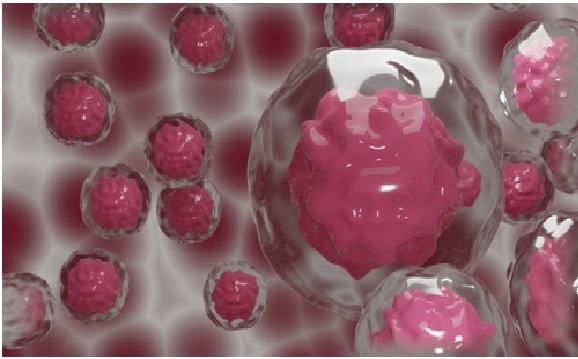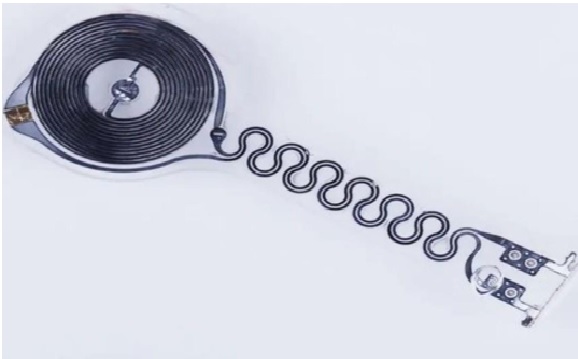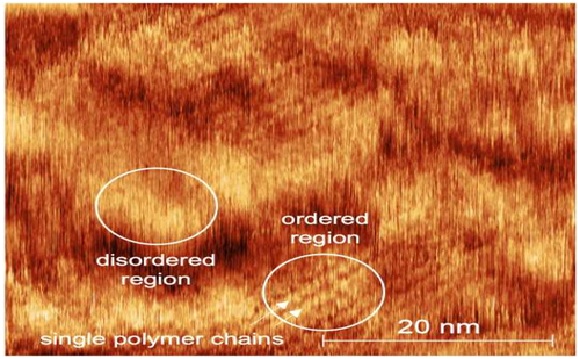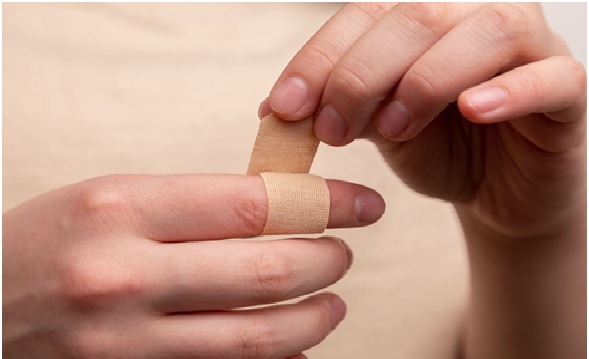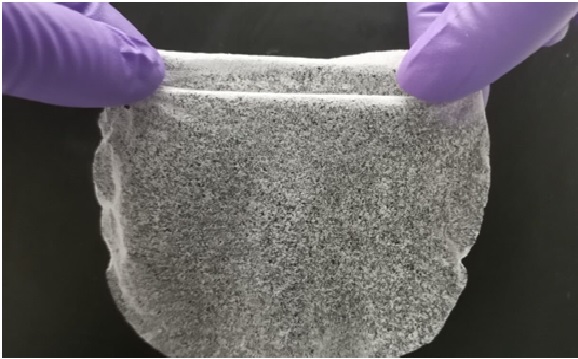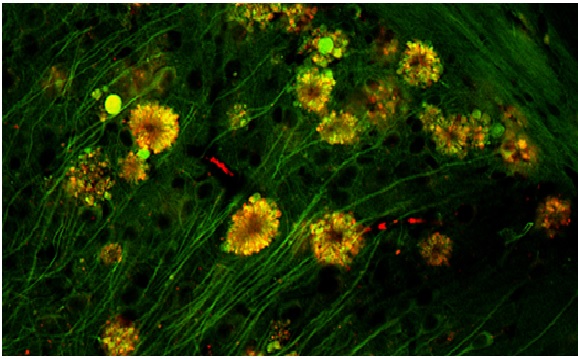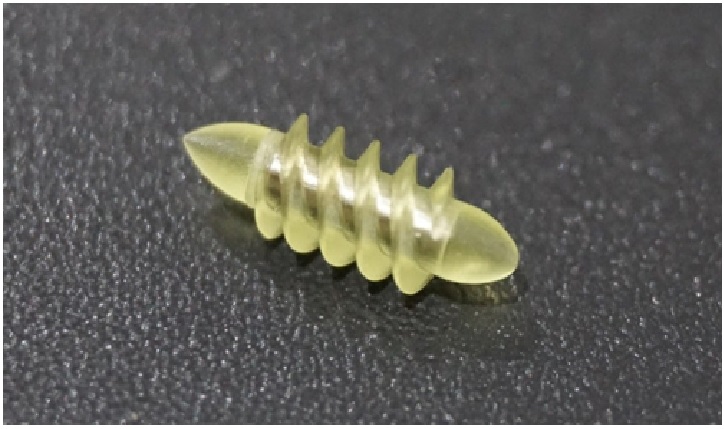Gene Therapy could be used to treat Pitt-Hopkins Syndrome
Postnatal gene remedy might be able to forestall or restore most of the dangerous results of Pitt-Hopkins syndrome, a uncommon genetic situation, in line with researchers on the College of North Carolina Faculty of Medication. This autism spectrum sickness is characterised by extreme developmental delays, mental incapacity, respiratory and motion abnormalities, nervousness, epilepsy, and average however identifiable facial abnormalities. The researchers developed an experimental gene-therapy-like technique to assist individuals with Pitt-Hopkins syndrome regain regular gene perform. [1]
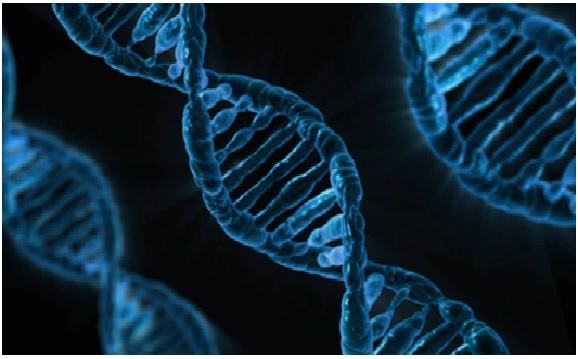
Figure 1. Gene Therapy could be used to treat Pitt-Hopkins Syndrome
Figure 1 shows most genes are passed on in pairs, with one copy coming from the mother and the other from the father. Pitt-Hopkins syndrome occurs when a child has a missing or mutated copy of the TCF4 gene, resulting in reduced amounts of the TCF4 protein. Since it was first described by Australian researchers in 1978, only 500 cases have been recorded worldwide. [2]
TCF4 is a “transcription factor” gene, which acts as a master switch that regulates the activity of hundreds of other genes. Its disruption early in development causes a variety of developmental disorders. In theory, the optimum therapeutic strategy is to prevent those anomalies by restoring normal TCF4 expression as soon as feasible - although this has yet to be proven.
Philpot's team developed a mouse model of Pitt-Hopkins syndrome in which the amount of the mouse form of TCF4 could be reliably halved. Many common symptoms of the illness were visible in this mouse model. Restoring the gene's full activity from the beginning of embryonic life completely eliminated these symptoms. [3]
Despite having somewhat smaller brains and bodies than normal mice, the treated animals did not exhibit many of the aberrant behaviours reported in untreated Pitt-Hopkins model mice. The only exception was intrinsic nest-building behaviour, in which the treated mice initially appeared odd but returned to normal after a few weeks.
Philpot and his colleagues want to see how effective this method is in later stages of life when used to Pitt-Hopkins mice. They also want to develop an experimental gene therapy in which the human TCF4 gene is transferred to a Pitt-Hopkins mouse model via a virus, a therapy that could be tested in children with Pitt-Hopkins syndrome in the future. [4]
References:
- https://tech.sarkari-job-wale.in/new-research-suggests-gene-therapy-could-be-used-to-treat-pitt-hopkins-syndrome/
- https://indianlekhak.com/tech-gadgets/new-research-suggests-gene-therapy-could-be-used-to-treat-pitt-hopkins-syndrome
- https://news.zordo.in/new-research-suggests-gene-therapy-could-be-used-to-treat-pitt-hopkins-syndrome-238366.html
- https://gadgets360.com/science/news/gene-therapy-could-treat-pitt-hopkins-syndrome-new-research-suggests-3041858
Cite this article:
Thanusri swetha J (2022), Gene Therapy could be used to treat Pitt-Hopkins Syndrome, AnaTechMaz, pp.147




